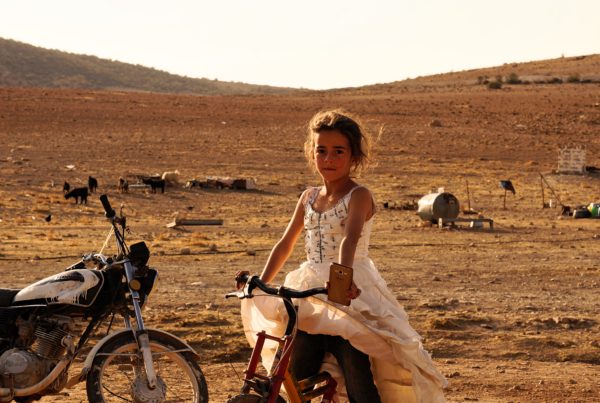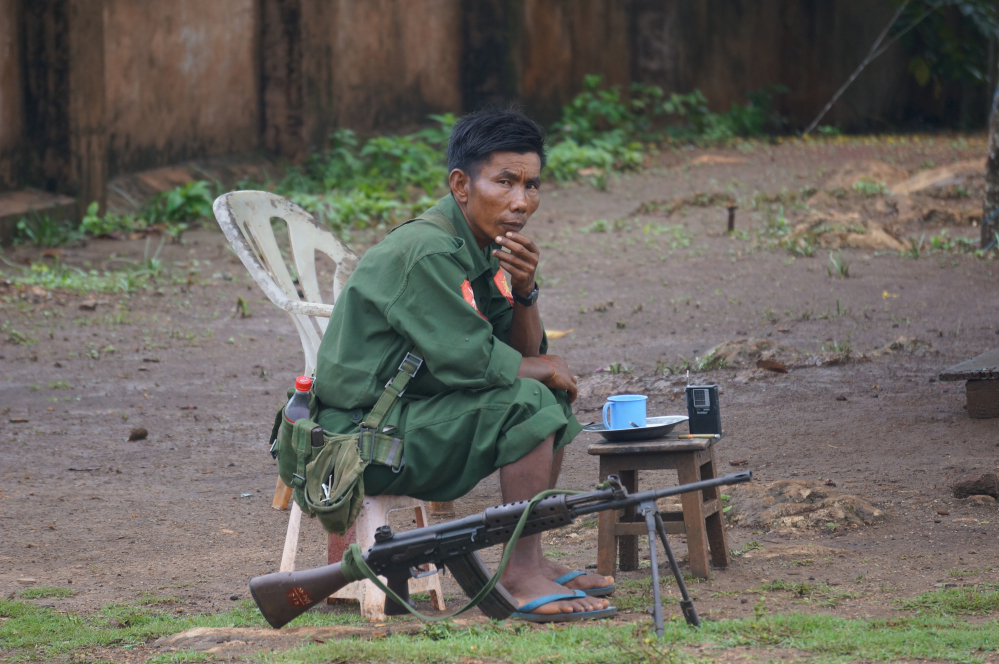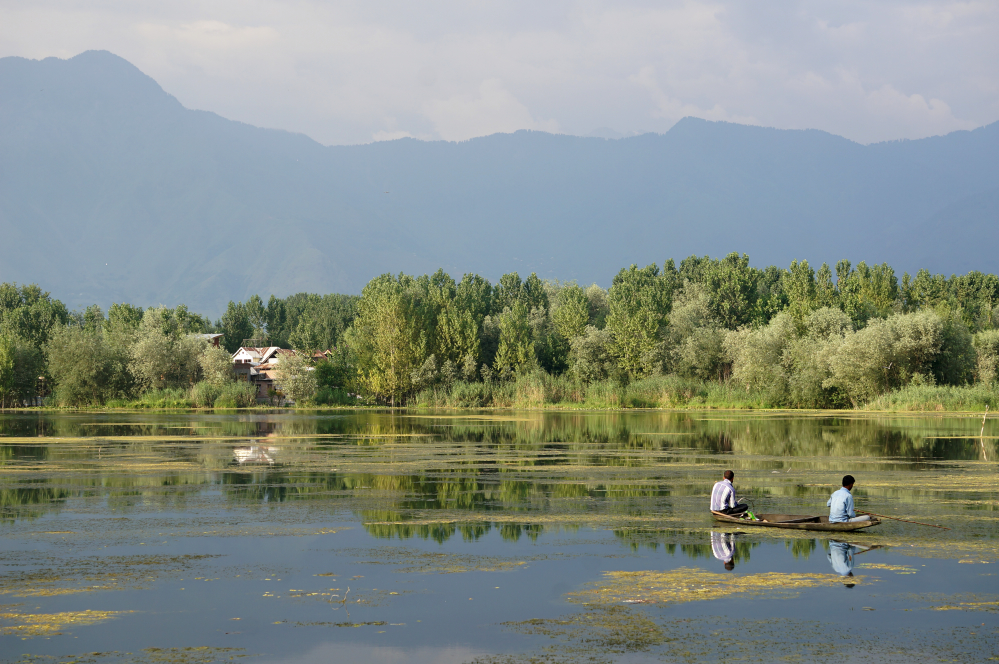“Safa malaf.” My colleagues and I raise our glasses and pour the fermented rice wine, which they jokingly call ‘White Label’, down our throats.
“Safa malaf means to health and wealth,” they tell me and my throat burns and we laugh.
There are ten of us squeezed into a cluttered bedroom that sleeps five men on hard wooden boards. We are in the Ta’ang Students and Youth Union (TSYU) office in Lashio in the Northern Shan State of Burma. It is the last day of the holidays so we drink ‘white label’, and cheap rum and joke and eat and it feels as if all groups of young men are the same the world over.
There is a community feel to the TSYU office that doubles as a boarding house. It is an old building with few facilities but with some charm. Bedrooms can be found in attics and basements and behind little doorways, and when all the beds are full, mats are laid out for guests. We eat noodles every morning, use squat toilets, and wash ourselves and our clothes at the well. The internet cuts out for long periods and every so often the electricity cuts out. Every day new people arrive so I don’t know how many people work and live here. If I want to go into town, I have to hitch a lift on the back of a moped. Geckos crawl on the walls and chirp at night, to be replaced by crowing roosters before dawn. Red earth roads (red earth that stains my clothing) are shaded by green fur trees; a golden pagoda sits on a hill nearby overlooking the valley of tea gardens and thatched bamboo houses. It’s lychee season so there is always someone plucking red fruit from the tree in the courtyard. The tranquil surroundings mask an area accustomed to war, persecution and exploitation.
My colleagues and roommates are some of the one million and more Ta’ang people (Palaung in Burmese), who live in the mountains of northern Shan state. They are all under 30 and they wear their ethnic flag, a red sun on a white and green background, on their clothing: a proud, albeit not fashionable, statement.
“We are the indigenous people of Burma and South China. This is our homeland,” Su Det, a wiry young TSYU staff member, tells me. “We believe that our father is the sun, and our mother is the dragon. Our ancestors were part of the former Dali Kingdom. Our history is of persecution. By the Mongols and the Thai and now the Burmese.”
TSYU is an ethnic community group providing support for the Ta’ang people; trying to empower Ta’ang youths by providing education opportunities; financially assisting displaced and impoverished Ta’ang villagers; and advocating for the Ta’ang people, holding the Burmese government to account by publishing reports on human rights abuses in the Shan state.
In order to understand the origins of the TSYU, I must understand the modern history of the Ta’ang people, which is defined by their fight for independence since 1962 when General Ne Win took control of the country with a coup d’état. 1963, the Palaung National Force (PNF) was established and waged war with General Ne Win’s illegitimate government, as they call it, for 28 years. In those years, many Ta’ang people fled across the Chinese and Thai border and the Palaung Youth Network Group was established in Mae Sot in 1998 to assist Ta’ang refugees. An affiliated organisation, named TSYU, was also established in Lashio. The TSYU have been advocating for Ta’ang rights ever since and the Ta’ang liberation forces are still actively fighting against government troops in the Shan state.
“There are lots of problems for the Ta’ang people in the Shan state,” Yu Craw, another TSYU staffer with ambitions of being a rock star, tells me. “The Burmese are causing ethnic people to leave their homes; we have a problem with drugs; human trafficking; violence against our women; forced labour of local people to assist the military; and civil war.”
For the next 2 months, I lived with the TSYU in the boarding house teaching students and assisting with their report writing. It gave me some insight into what it is like to live on the edge of a conflict zone with a persecuted people; to see their struggles and how they try to achieve justice internally; to observe the strength and fight one must have to face your own government who thinks less of you; to fight not with arms but with words and ideas and media.
Mark worked in an unpaid voluntary capacity teaching English to the Ta’ang Students and Youth Union in the Northern Shan State of Burma in May and June 2015.


